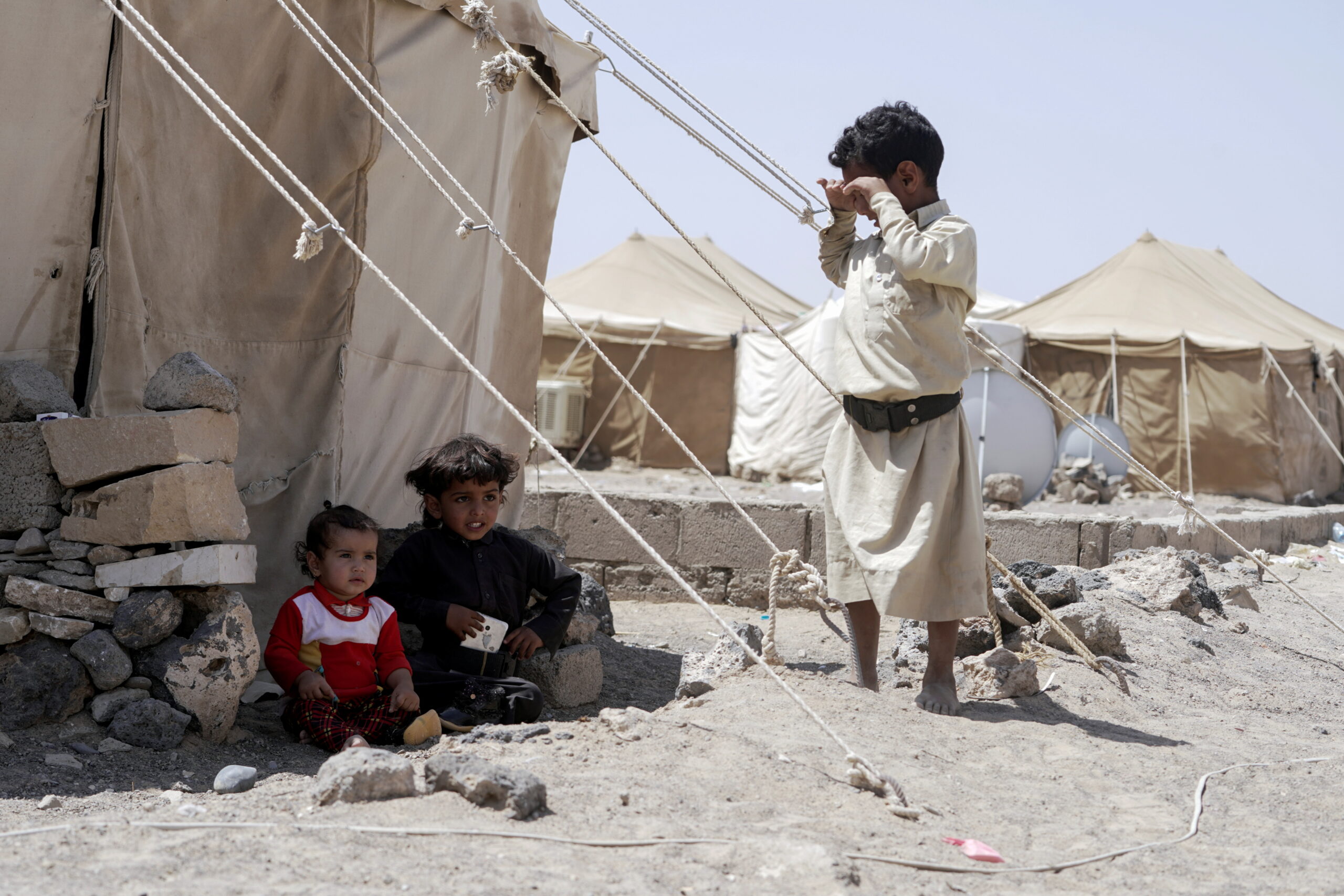What Congress Needs to Know about the Truce in Yemen
This piece was co-written with Hassan El-Tayyab.
It’s been almost two months since the UN-brokered truce in Yemen expired. Fortunately, the warring parties have not returned to the level of violence that helped precipitate the truce last April. Specifically, the Houthis have refrained from launching missiles and drones across the border of Saudi Arabia, and the Saudis have yet to reinitiate airstrikes on Yemen. If this relative calm prevails, hope persists that the parties might agree to recommit to a truce and perhaps even a lasting ceasefire.
That is not to say that violence has been absent. The Houthis have launched attacks on civilian areas inside Yemen. In a new development, they have warned oil companies operating in parts of Yemen outside their control to cease operations and have launched drones at various oil facilities to attempt to prevent the government of the Saudi-backed Presidential Leadership Council from profiting from Yemen’s oil resources.
The Houthis’ stated position is that the sale of this oil should pay Yemenis’ salaries, specifically the salaries of Yemenis living under Houthi control, which are the majority of the population. The question of the payment of salaries was central to why the truce expired: the Houthis demanded that the Presidential Leadership Council pay the salaries and pensions of Yemenis in their territory, including military salaries. The Presidential Leadership Council refused, and the truce expired.
Because violence has not significantly escalated and specific aspects of the truce remain in place — flights from Sana’a to Amman continue, and ships continue to unload fuel at Hodeidah port — the case of Yemen may appear less urgent. However, without the truce, there is no formal mechanism preventing the Saudis from restarting airstrikes, ending flights, or once again preventing fuel ships from docking at Hodeidah.
Read the full piece in Inkstick Media.
